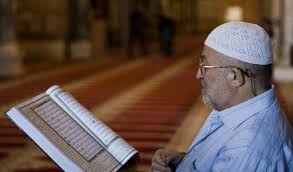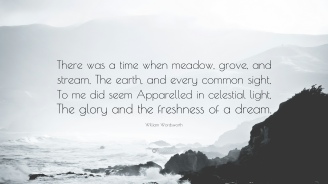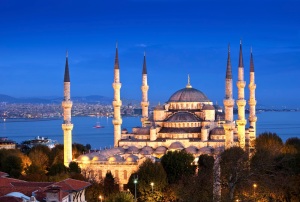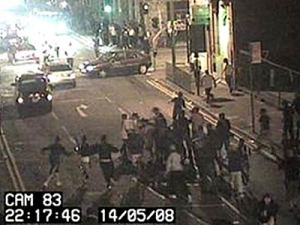
Literally, the Quran in Arabic means recitation. Fulfilling this purpose, it is perhaps the most recited – as well as the most read book in the world. Certainly, it is the most memorised book in the world, and possibly one that exerts the most influence on those who read it. So great was the Prophet Muhammad’s, Allah bless him and give him peace, regard for its contents that he considered it the major miracle that God worked through him. He himself, unschooled to the extent that he was unlettered, could not have produced a book that provides a ground plan of all knowledge and at the same time is without poetic peer.
 The onslaught of technology has left us with little energy or mental space to ponder over creation. In times gone by, nature spoke the language of God; it still does but we fail to comprehend it. William Wordsworth, the celebrated English poet, repeatedly lamented the loss of the connection with the divine. His ode, ‘Intimations of Immortality from Recollections of Early Childhood’ begins with these words:
The onslaught of technology has left us with little energy or mental space to ponder over creation. In times gone by, nature spoke the language of God; it still does but we fail to comprehend it. William Wordsworth, the celebrated English poet, repeatedly lamented the loss of the connection with the divine. His ode, ‘Intimations of Immortality from Recollections of Early Childhood’ begins with these words: A relative of mine asked me about the hijab, and this is what I replied:
A relative of mine asked me about the hijab, and this is what I replied:


